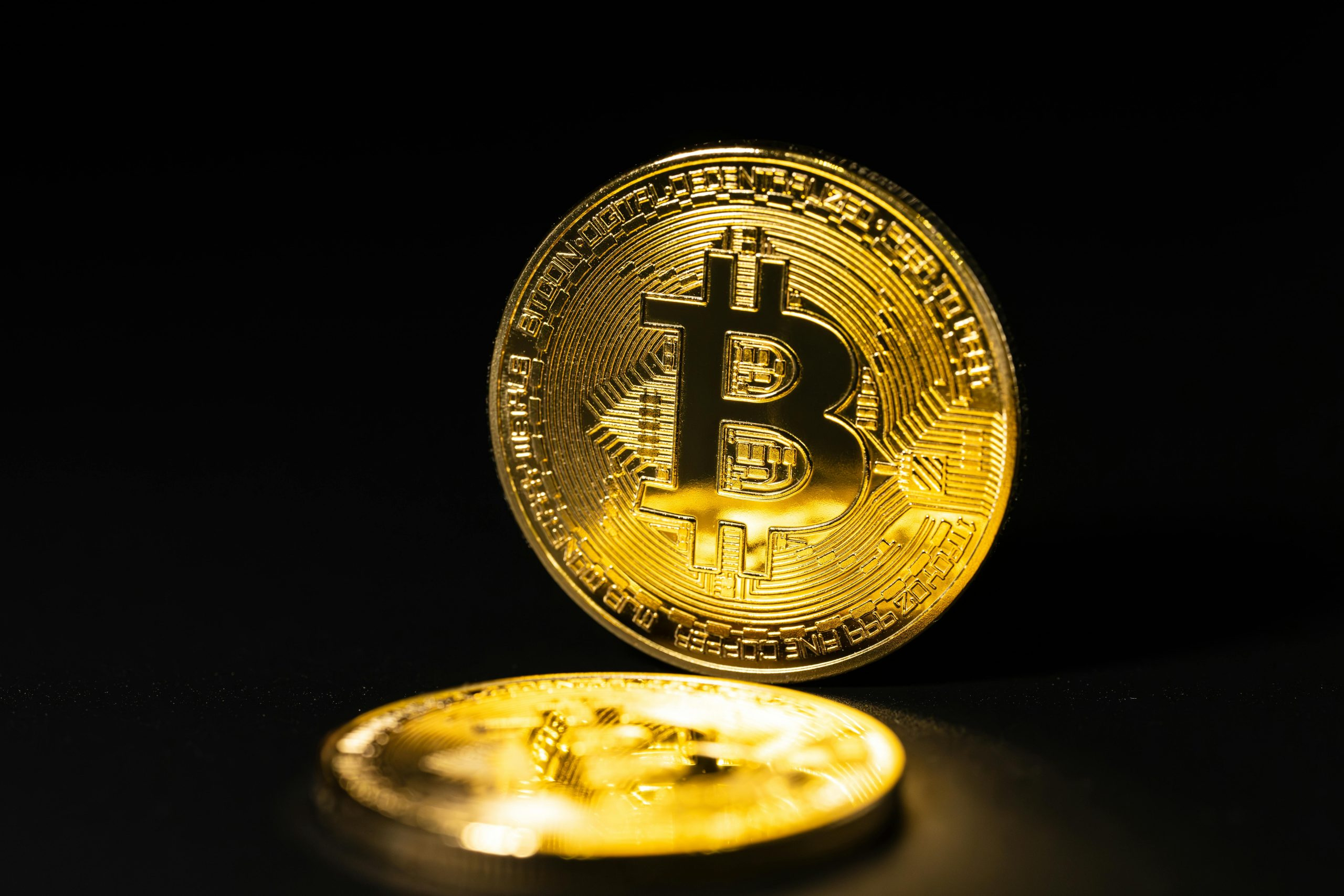Blockchain in Retail: Securing Transactions and Verifying Authenticity
The retail industry has been rapidly evolving over the past few years, with technological advancements paving the way for a better shopping experience for both businesses and consumers. One of the most talked-about technologies in this space is blockchain, which has gained significant attention due to its potential to revolutionize the way transactions are conducted and assets are managed. In this article, we will delve into the role of blockchain in the retail sector and how it is securing transactions and verifying authenticity.
The Basics of Blockchain
Before we dive into its implications for the retail industry, let’s first understand what blockchain is. In simple terms, blockchain is a decentralized digital ledger that records transactions across a network of computers. Each transaction is recorded in a block and linked together in a chain, hence the name “blockchain.” This technology was initially created as the underlying foundation for the popular cryptocurrency, Bitcoin, but has since found numerous use cases across various industries.
Enhancing Security in Retail Transactions
Transactions are an integral part of the retail industry, with millions of transactions happening every day. These transactions involve sensitive information such as personal and financial data, making it a prime target for hackers and fraudsters. Blockchain technology can address these security concerns by providing a secure and transparent way to conduct transactions. It does this by using cryptography to ensure that once a transaction is recorded on the blockchain, it cannot be altered or deleted, making it virtually impossible to hack or manipulate.
Moreover, in traditional retail transactions, there is always a middleman, such as a bank or payment processor, who acts as an intermediary between the buyer and the seller. This not only adds an additional cost but also increases the potential for human error or fraud. With blockchain, transactions are peer-to-peer, eliminating the need for intermediaries and reducing the chances of fraud.
Verifying Authenticity with Blockchain
Another significant benefit of blockchain in the retail sector is its ability to verify the authenticity of products. Counterfeit products are a massive problem in the retail industry, causing businesses to lose billions of dollars annually. However, with blockchain, each product can be assigned a unique digital signature, making it easy to track its journey from the manufacturer to the consumer. This creates an immutable record of the product’s authenticity, making it difficult for counterfeiters to replicate.
This technology also allows for supply chain transparency, ensuring that the products sold by retailers are ethically and sustainably produced. By tracking each step in the supply chain on the blockchain, businesses can prevent the use of exploitative labor practices and promote eco-friendly production methods.
Real-World Examples of Blockchain in Retail
The Walmart and IBM Partnership
In 2018, Walmart partnered with IBM and other food suppliers to implement a blockchain-based system to track the journey of its food products from farm to store. This was done in response to the increasing number of food recalls and contamination that could lead to severe health risks for consumers. By using blockchain, Walmart can trace the origin of a food product within seconds, making it easier to recall affected products without disrupting the entire supply chain.
Carrefour’s Blockchain System for Honey
The French retail giant, Carrefour, has also implemented blockchain technology for its honey products. By scanning a QR code on the honey jar with their smartphones, customers can access information about the honey’s journey from the hive to the store shelves. This provides assurance to consumers that the honey they are purchasing is ethically sourced and authentic.
Challenges and Conclusion
While the benefits of blockchain in the retail industry are undeniable, the adoption of this technology is not without its challenges. The most significant challenge is its scalability, as the current blockchain systems cannot handle a high volume of transactions without slowing down. Additionally, businesses may need to invest in new infrastructure and resources to implement and maintain blockchain-based systems.
In conclusion, blockchain technology has the potential to transform the retail industry by securing transactions and verifying the authenticity of products. It has the power to create a more transparent and efficient supply chain, leading to better consumer trust and satisfaction. As the technology continues to evolve, we can expect to see more innovative use cases and partnerships in the retail sector, driving the industry towards a more secure and sustainable future.











